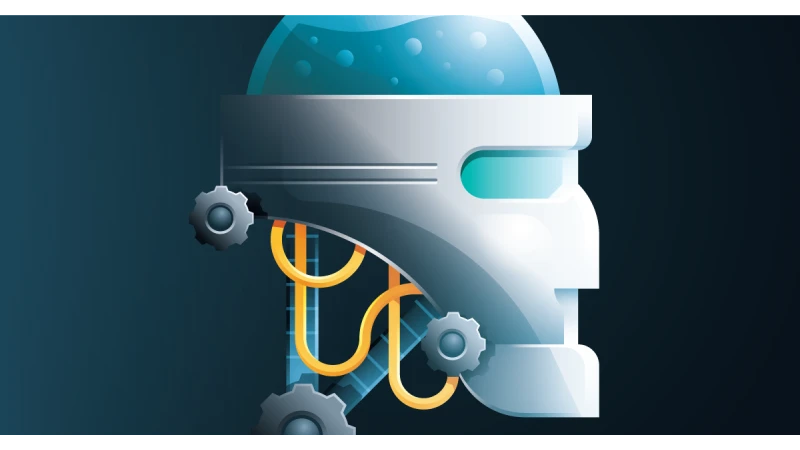AI has seen an unprecedented rise in popularity over the last few years. In China today 58% of businesses are utilizing AI. ChatGPT and other alternatives have become common writing tools in many fields. The majority of people even expect AI to significantly change their life in the next five years. Its popularity is undeniable, but there are still lots of questions to be asked around AI.
AI in its current state is still highly imperfect. There have been costly mistakes made by existing AI’s, from demographic biases to misidentification of individuals. Humans have been able to come in and easily fix these issues or make alterations, but currently AI is limited. It can’t explain how it arrived at conclusions, can’t steer itself conceptually, and can’t effectively narrow its focus.
Mainly this is due to the lack of creativity AI can utilize. It simply takes stimulus and uses that to create an output. This is where humans become ever so important. Humans have the unique power of steering AI in unique directions. AI will continue to become more powerful and effective, but it will never possess this power. Humans’ role will then only become more vital.
Human direction helps AI to create safe and effective data, information, images, etc. When AI first started to be utilized it simply made processes easier. Search engines and other databases were made more effective through AI. Yet today the role of AI is rapidly changing. Now AI and humans can work side by side through active collaboration to create unique products. While AI before was an addition to other tools, it can now be a tool in itself. This is how AI and humans are becoming increasingly connected. Now how that process is managed ethically and safely is a discussion for another day.

